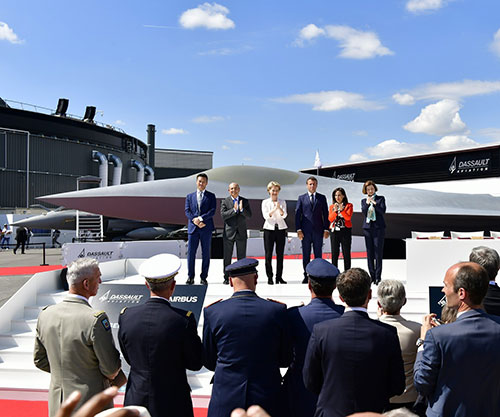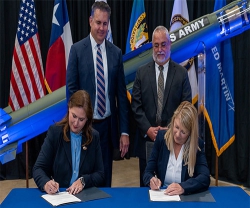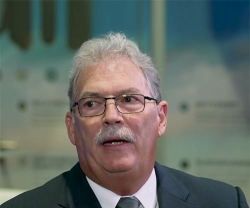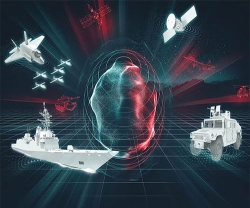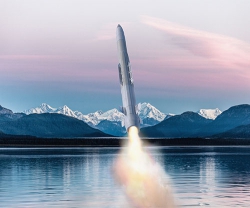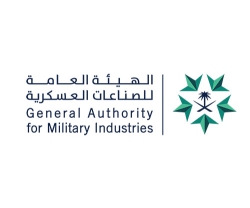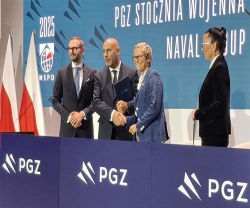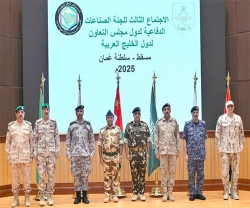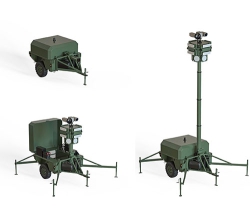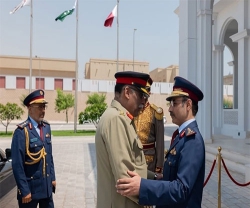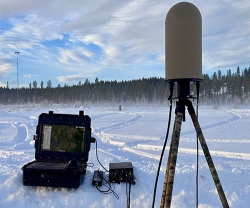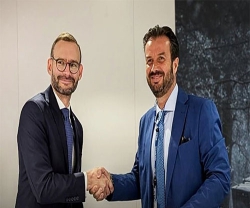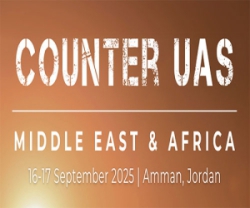Two years ago, French President Emmanuel Macron and German Chancellor Angela Merkel agreed to jointly develop the European Future Combat Air System (FCAS). This initiative, of major importance for European Defence, now should quickly move forward by launching the program’s demonstrator phase.
Launching this FCAS demonstrator phase means commencing the first development phase of this 21st century European defence project. In the current geopolitical context, it ensures that Europe can maintain its industrial and operational sovereignty and deal with the threats of tomorrow.
If Europe does not move forward - and move forward quickly - on this program, it will be impossible to maintain the development and production capabilities needed for a sovereign defence industry. FCAS is a highly complex and ambitious undertaking, from a technological, strategic and political viewpoint. It will affect the totality of our air assets and their ability to operate together under optimum conditions. What is at stake is nothing less than our capability to ensure our defence and our autonomy in the air in the second half of the 21st century.
The goal is for FCAS to enter operational service in 2040 at the latest. This deadline might seem a long way in the future, but planning needs to start well in advance.
It is true that the first major steps have already been taken successfully. The partner nations have jointly expressed their requirements for such a system. A Franco-German industrial organisation has been defined under the respective national leadership of Dassault Aviation and Airbus. A Franco-German Joint Concept Study (JCS) was launched in January 2019 to define the main features of the system. Airbus and Dassault Aviation wish to underline how quickly both companies had jointly concluded agreements and prepared themselves to move forward. Spain has officially joined the program as the third partner nation.
However, future technologies need to be developed now for subsequent flight testing and qualification. This maturation phase is essential to de-risk and anticipate developments of such complexity. That is why government and industry agreed to launch a demonstrator development phase as early as possible, for which French and German industry, coordinated by DASSAULT AVIATION and AIRBUS, submitted proposals during the Paris Air Show in June 2019.
What is important now is to achieve concrete progress on FCAS. The upcoming Franco-German ministerial council meeting should serve as a catalyst for this joint desire to move forward by rapidly launching this demonstrator phase and committing the partner nations to a reliable funding plan to confirm the sustainable and coherent nature of this European development program.
Dassault Aviation and Airbus are ready to take up the challenge and are now eager to launch the necessary work to ensure the viability of this program in the long term. It is now up to our political leaders to have the courage to build on this momentum and take the decisions that are needed to open the next chapter. Let’s not lose any more time. Industry is ready, motivated and united to make this program a success. Our teams are mobilised to take up the challenge together!
Eric Trappier, CEO of Dassault Aviation and Dirk Hoke, CEO of Airbus Defence and Space concluded: “We call on our political leaders to make every effort to launch these demonstrators at the earliest opportunity in what will be a key step in moving this ambitious project forward.”
With over 10,000 military and civil aircraft (including 2,500 Falcons) delivered in more than 90 countries over the last century, Dassault Aviation has built up expertise recognized worldwide in the design, development, sale and support of all types of aircraft, ranging from the Rafale fighter, to the high-end Falcon family of business jets and military drones.
Airbus is a global leader in aeronautics, space and related services, offering the most comprehensive range of passenger airliners. Airbus is also a European leader providing tanker, combat, transport and mission aircraft, as well as one of the world’s leading space companies. In helicopters, Airbus provides the most efficient civil and military rotorcraft solutions worldwide.

